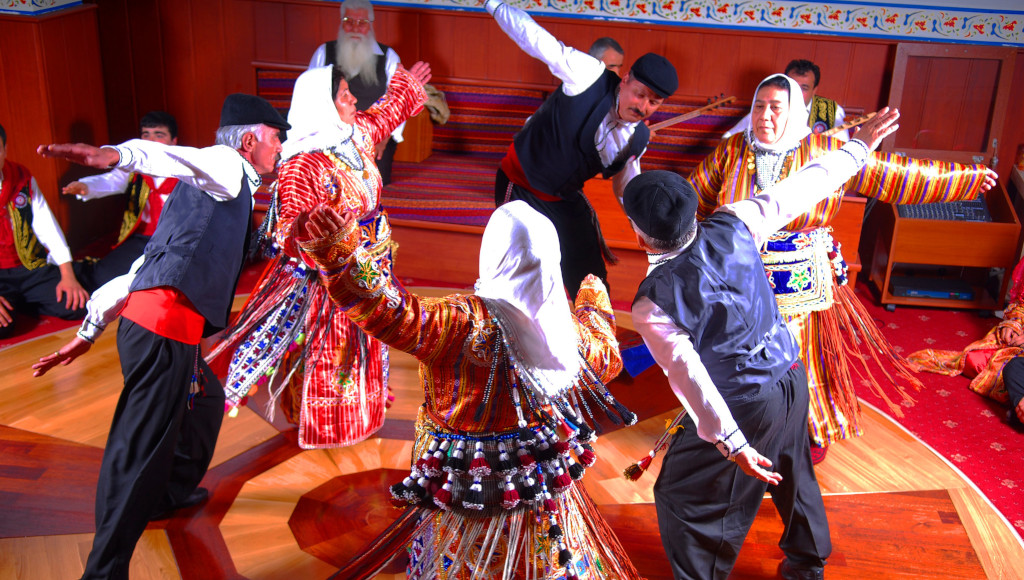The İstanbul Municipality has responded to a longstanding demand from Turkey’s Alevi community that cemevis, Alevi places of worship, be given official status, and has officially recognized them as “houses of worship,” the T24 news website reported.
The decision was made by the İstanbul City Council, as a result of which cemevis have been added to the list of houses of worship under the responsibility of the municipality’s directorate for relations with religious institutions and communities.
Turkey has long denied the demands of Alevis, who are estimated to account for 12-15 million of Turkey’s population of 85 million, for state recognition, and cemevis are not officially recognized by the state, and thus given no financial assistance.
İstanbul Mayor Ekrem İmamoğlu, from the main opposition Republican People’s Party (CHP) who is seen as the strongest political rival of President Recep Tayyip Erdoğan, frequently called for the recognition of cemevis as houses of worship, saying that the status of cemevis should no longer be a subject of debate on the country’s agenda.
“This discriminatory practice does not befit the conscience of this nation. Cemevis are the houses of worship of our Alevi citizens. Nobody has the right to deprive cemevis of this status. … Cemevis are houses of worship, period,” İmamoğlu said.
Ülkü Sakalar, a member of the city council from the CHP, told the media that the municipality wanted to recognize cemevis as houses of worship during İmamoğlu’s first term, which began in 2019, but failed due to opposition from the ruling Justice and Development Party (AKP) members of the city council, who had the majority.
İmamoğlu again defeated the AKP’s mayoral candidate in the local elections of March 31, when the CHP also won a majority of the seats in the city council.
There are estimated to be around 64 cemevis in İstanbul, while their number across Turkey is estimated to be more than 1,500.
Since cemevis are not officially recognized as houses of worship, Alevis complain about paying high energy bills and other costs related to the running of these places.
Although the AKP government had launched an initiative called the “Alevi opening” in 2009, aimed at achieving a better understanding of the problems of Alevis through a series of workshops and enacting reforms based on that understanding, it failed to follow the recommendations in a report based on the outcome of the workshops and only took some symbolic steps. Such promises as officially recognizing cemevis and changing the law regarding compulsory religious education classes were not kept.
Hate crimes against Alevi communities are also common in Turkey. Cemevis have been occasionally vandalized, with curses and other insulting words put on their walls.


